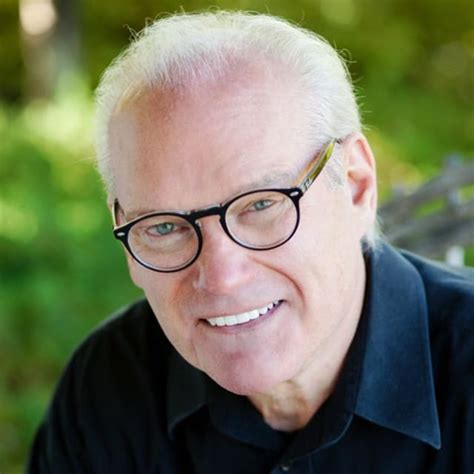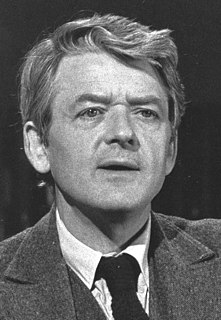A Quote by Philip Reeve
I had no idea I'd end up writing four books when I completed 'Mortal Engines.' I didn't even think it would find a publisher.
Related Quotes
Writing books isn't a drastic departure from writing for the stage. I've always written in the long format, five, eight, 10-minute pieces rather than one-liners, so since writing books, the process hasn't changed much. A piece in my live routine can end up as part of one of my HBO specials, and it can also end up in one of the books.
I think the books are the books. They were conceived as books. They weren't conceived as movies. When I write scripts, that's an idea and a situation that I think is a really good idea for a movie. When I'm writing a book, I'm not thinking, "Oh, this would be a great movie." This would be a very interesting book. And I think the books are things that cannot really be adapted into another medium.
My father was a writer, so I grew up writing and reading and I was really encouraged by him. I had some sort of gift and when it came time to try to find a publisher I had a little bit of an "in" because I had his agent I could turn to, to at least read my initial offerings when I was about 20. But the only problem was that they were just awful, they were just terrible stories and my agent, who ended up being my agent, was very, very sweet about it, but it took about four years until I actually had something worth trying to sell.
I find that I end up liking songs if I really have an idea of something I wat to write about-some problem in my life or something I want to work through; if I don't have something like that at the root of the song, then I think I end up not caring about it as much. I gravitate towards some kind of concept or idea or situation that I want to write about. Very often I have to write, rewrite and come at it from an opposite angle...and I end up writing the opposite song that I thought I was going to write.
Write what you care about and understand. Writers should never try to outguess the marketplace in search of a salable idea; the simple truth is that all good books will eventually find a publisher if the writer tries hard enough, and a central secret to writing a good book is to write on that people like you will enjoy.
In the early days of the Internet, the word "navigation" had this ingrained in it. There really was a sensation of the cyber-flâneur, as you really would have no idea where you would end up. You would end up on pages that had nothing to do with what you wanted, experiences that were totally unanticipated. You had to connect the dots, connect the parcels of your experience. It was totally open to randomness.
I can appreciate the idea that with e-books more people would publish, the work would be easier to disseminate, and that it could even be interactive. Being a lover of photography, I especially like the idea that you could include lots of pictures - full-color pictures - with your writing. That to me is exciting! We'll all have to stay tuned to see what develops.


































